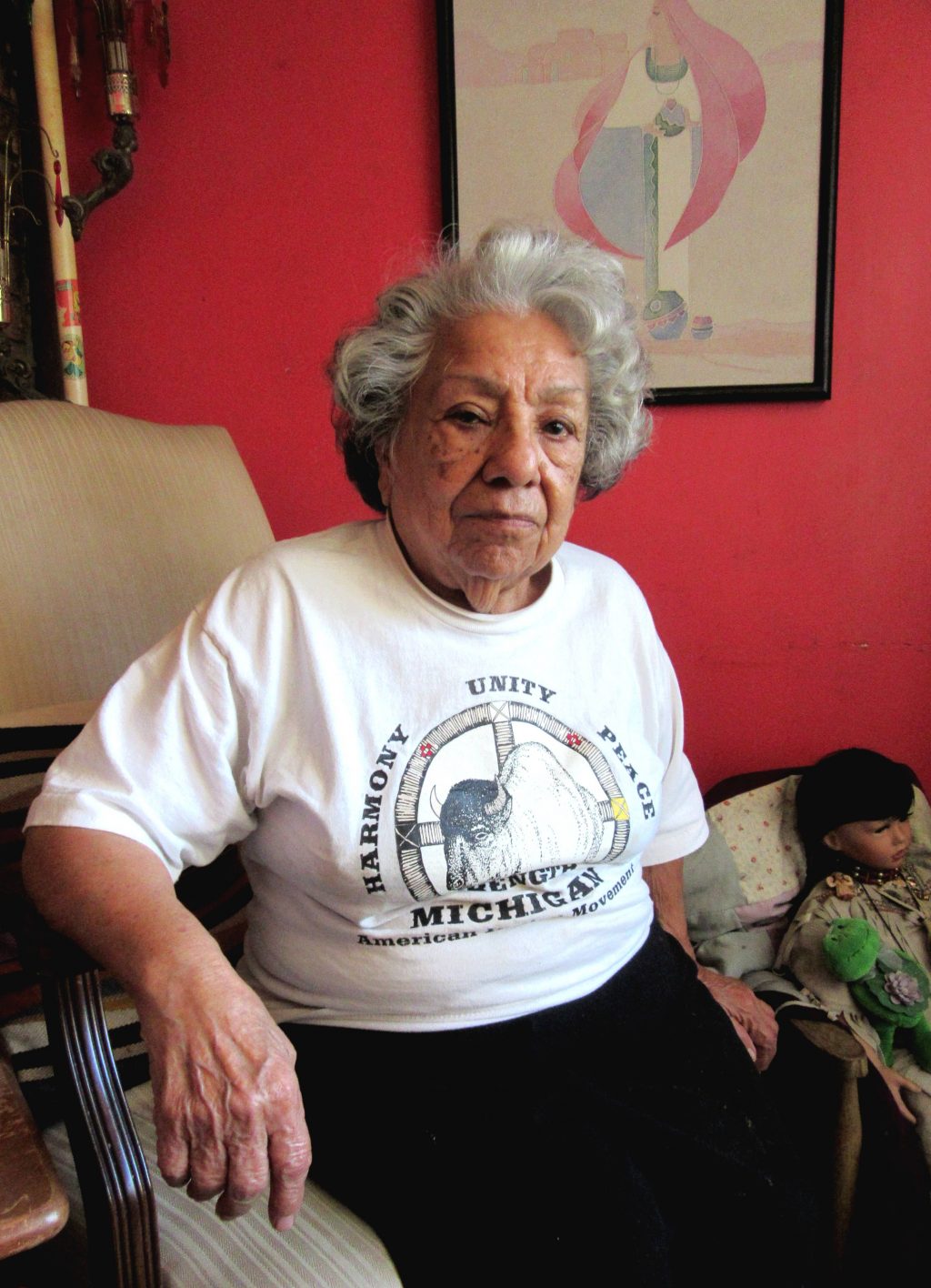It’s Not Just Detroit
Underfunded pension funds could trip up other municipalities, not only Detroit.

By Lester Graham of Michigan Radio and the Detroit Journalism Cooperative
As Detroit approaches the one-year anniversary of emerging from the nation’s largest-ever municipal bankruptcy, WDET and the Detroit Journalism Cooperative are examining the lessons learned.
One of those teachable moments came in the case’s discussions about pensions. Like many municipalities, Detroit’s pensions were underfunded. If the city’s retirees had not agreed to cuts and had the so-called “grand bargain” not minimized those cuts, the city’s bankruptcy could still be in the courts.
Yes, Detroit’s bankruptcy was the largest municipal bankruptcy ever in the U.S., but it was unique in a way other cities facing a financial crisis are not.
Here’s why:
The Kresge Foundation, the Ford Foundation, Knight, Mott, Hudson-Webber and many more private foundations contributed hundreds of millions of dollars to minimize the harm to pension funds and stop parts of the Detroit Institute of Arts collection from being liquidated.
It was called the “grand bargain.” The DIA committed money to the plan. The proposal prompted Gov. Rick Snyder to work to come up with a couple of hundred million more from the state’s coffers.
All together it was well over $800 million.

Rip Rapson leads the Kresge Foundation. He says the deal would have fallen apart without the approval of the pensioners. As part of the bankruptcy case, they voted in favor of the plan, despite its cuts to their monthly checks and health care plans.
“I think there is very little that you can say that can do justice to their real pain and suffering. There is absolutely no question that they came out of the bankruptcy poorer than when they began,” Rapson said.Listen to Rip Rapson
As part of the bankruptcy settlement, the City of Detroit non-uniformed retirees took a four-and-a-half percent cut in their pensions. They lost cost-of-living adjustments and saw health care benefits cut. That’s left some former city workers with tight budgets.
“I always felt I’d like to have a little cushion. Well, the cushion disappeared,” said Juanita Hernandez, sitting in the kitchen of her modest home on the west side of Detroit.Listen to Juanita Hernandez
She started working for the City in 1958. She’s now 88 years old and learning new lessons in life.

“I had to cut back and I’ve learned to live with less. It’s an adjustment to have to learn in life,” Hernandez said, adding, “As my mother would always say, ‘As long as you’ve got a roof over your head and something to eat at the table, you survive.’ And I guess that’s what I’m saying; we’re surviving.”Listen to Juanita Hernandez
She knows that each year she doesn’t get a cost of living adjustment she’s going to be that much poorer.
But, without those sacrifices, Rapson says Detroit could have been in bankruptcy court for maybe a decade.
“This is something other communities in America have struggled with and they have not been able to resolve it. And, so, the fact that it was resolved so quickly, and much more importantly, consensually, makes Detroit unique in the history of municipal bankruptcy,” Rapson said.
It is not a feat that other cities facing bankruptcy are likely to pull off.
The pension funds were in the spotlight during the bankruptcy proceedings, but it would be wrong to say the underfunded pension plans were the sole cause of the bankruptcy.
Keith Brainard is with the National Association of State Retirement Administrators.
“The pension plan itself was not in particularly bad shape although the pension plan had not always been treated as well as it should have been,” Brainard explained.
There were bad investments. There were years the city shorted the annual contributions. There was a disastrous Wall Street scheme to bolster the pension funds that had the city borrowing money that it eventually could not afford. That was a deal that might not even have been legal. But, the real issues of the bankruptcy is what Brainard calls “death by a thousand cuts,” the erosion of its tax base as more and more people moved out of the city.
“In Detroit the primary problem surrounding the pension plan was not the pension plan itself, but rather the deterioration in the city’s finances,” Brainard said.Listen to Keith Brainard
And that’s the real lesson.
To avoid busting the annual budget, instead of cutting services more or raising taxes, municipalities too often shortchange their contributions to pension funds. It’s long-term debt that they say they’ll catch up later when times are better.
But many municipalities are finding they’re not catching up. They haven’t recovered to pre-recession levels. They might never recover to those levels. Shorting the pension fund is kicking the can down a road that leads to financial disaster.
Even after bankruptcy, Detroit still has pension problems. It was projected the return on investments would be 6.75 percent. Instead they’re getting about 5 percent this past year because of the lackluster stock market. And the Detroit Free Press recently revealed the estimate of the contributions to keep the funds healthy might fall far short of what’s needed. That could mean further benefit cuts.
That leaves current employees and retirees such as Juanita Hernandez wondering about their futures.
“Where are we going with this? Will there be investments? And the monies that the pension fund has, how reliable are the investments they’re making in order to maintain the monies in that retirement fund,” Hernandez asked.Listen to Juanita Hernandez
Pensioners in cities — and even states — across the country are facing the same hard questions.

